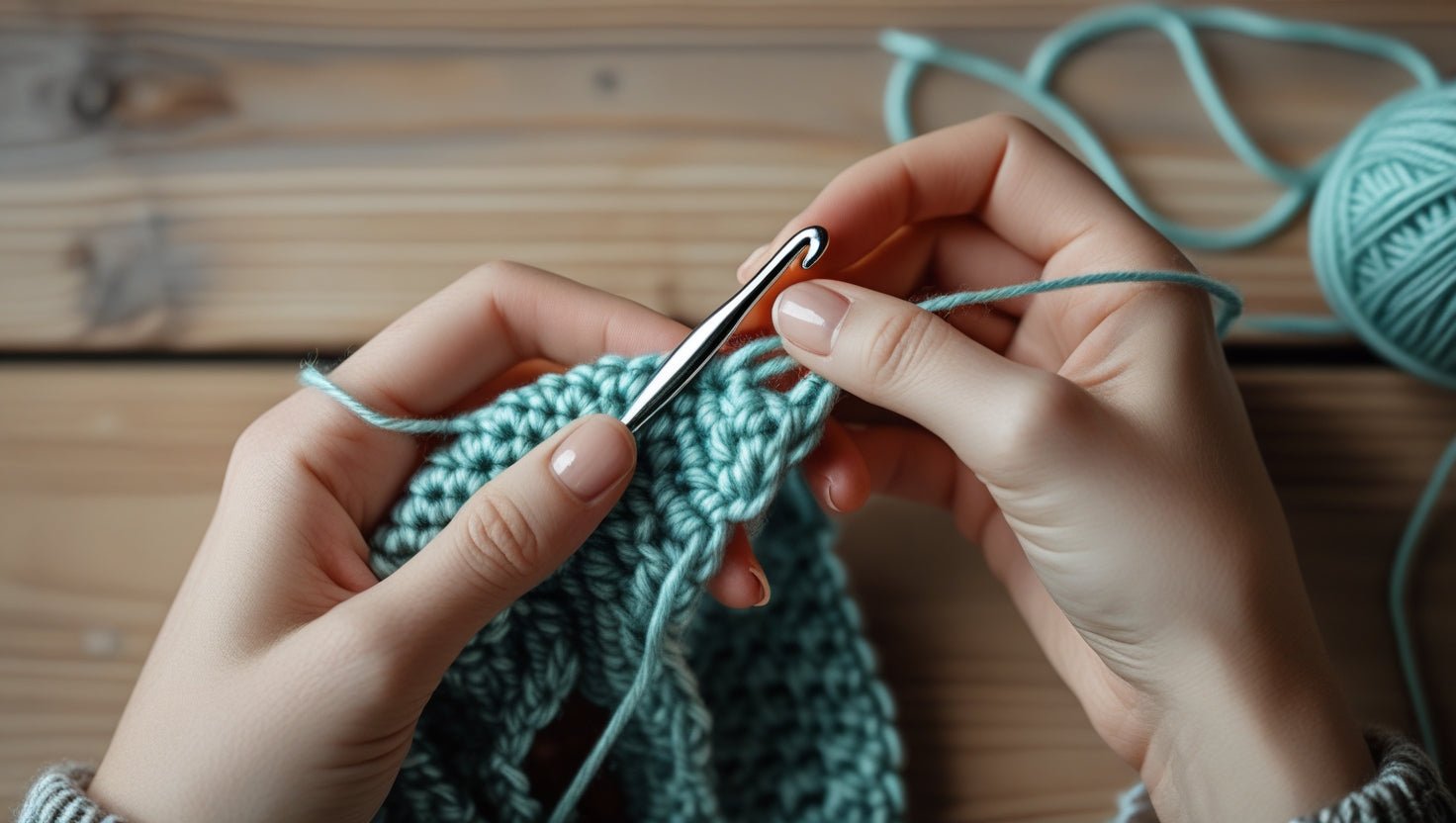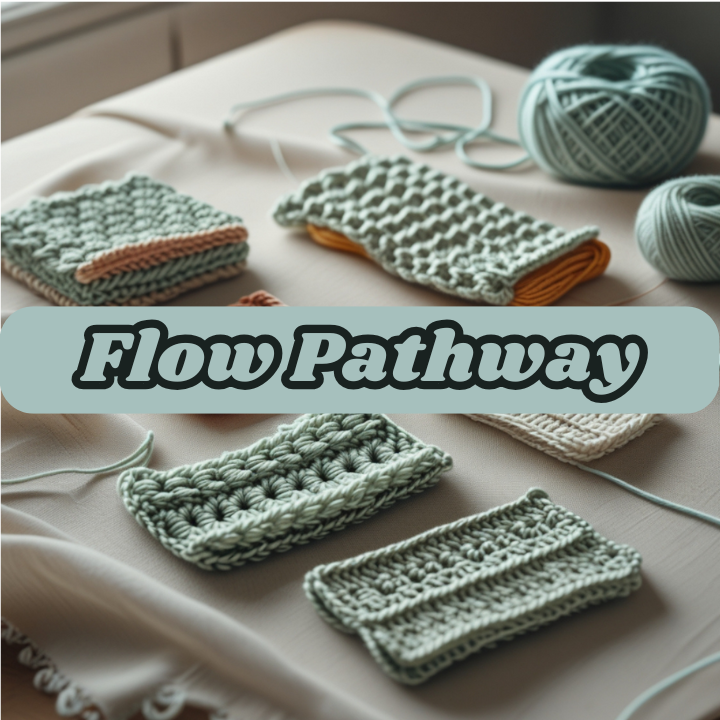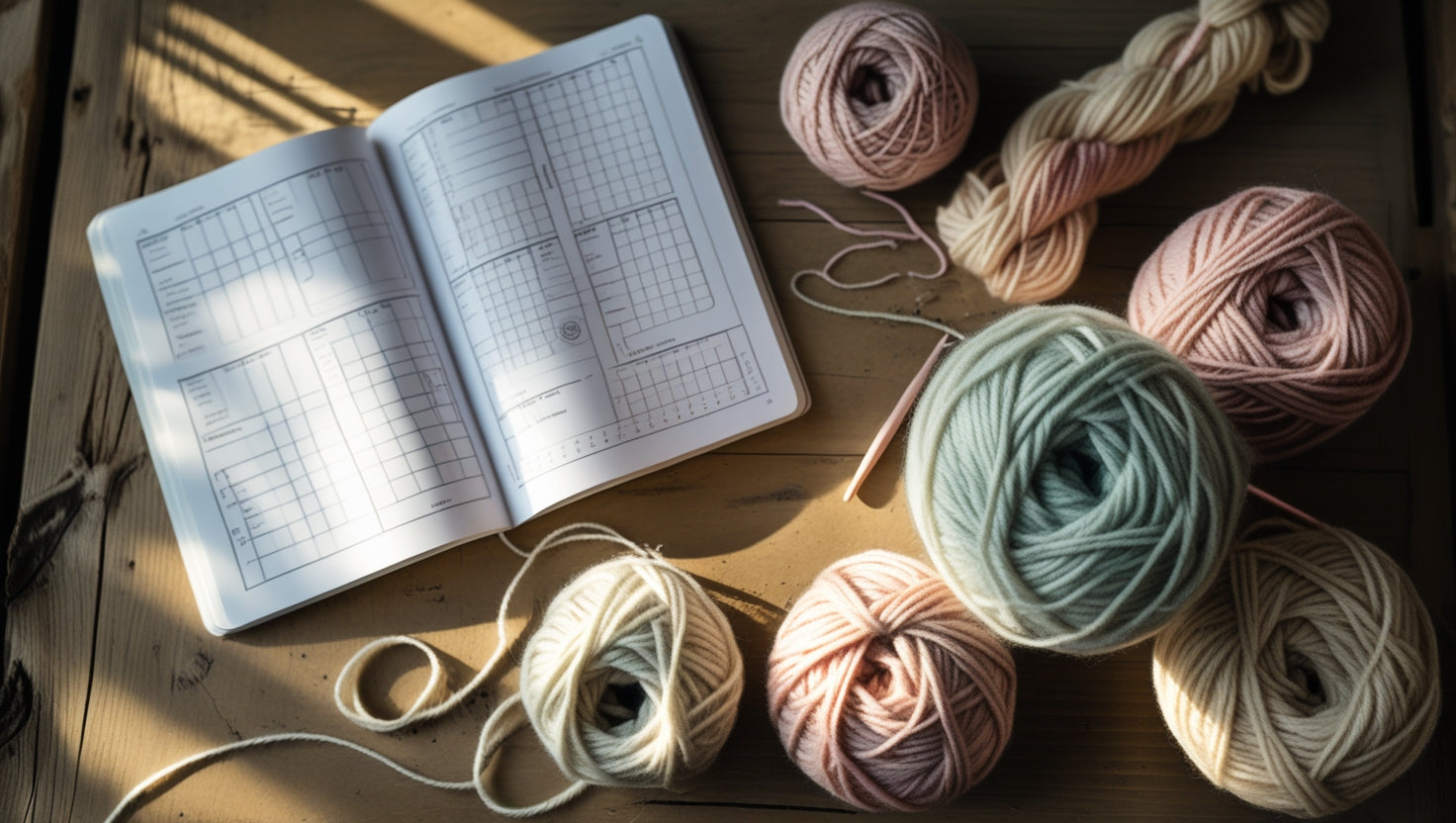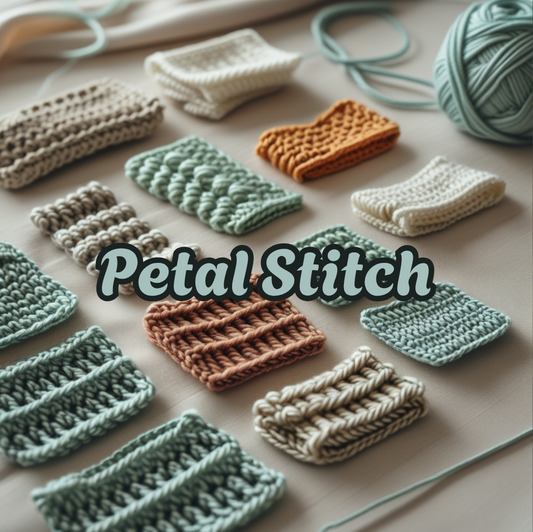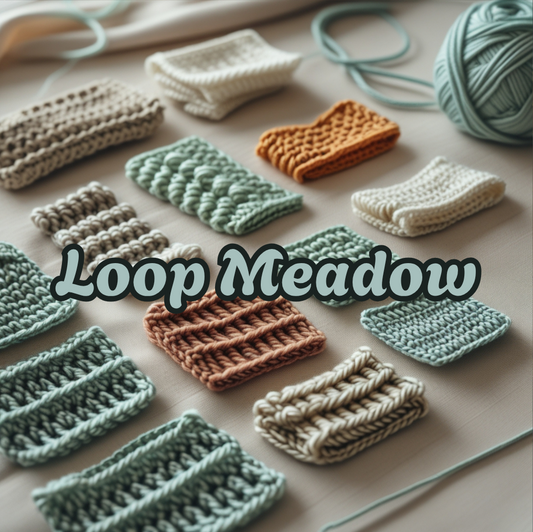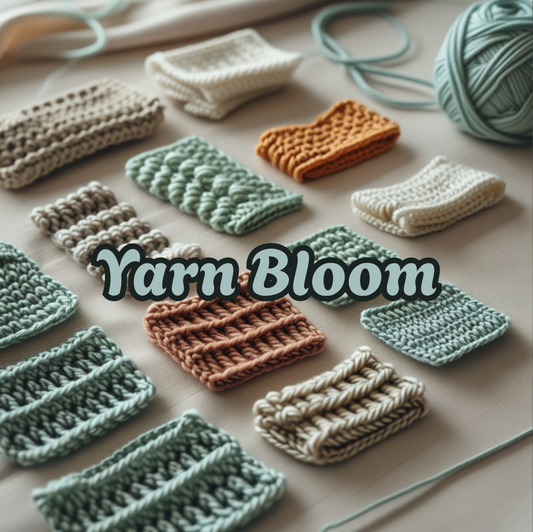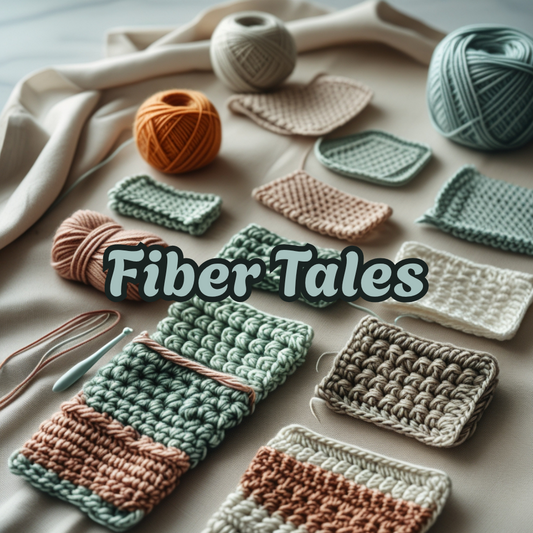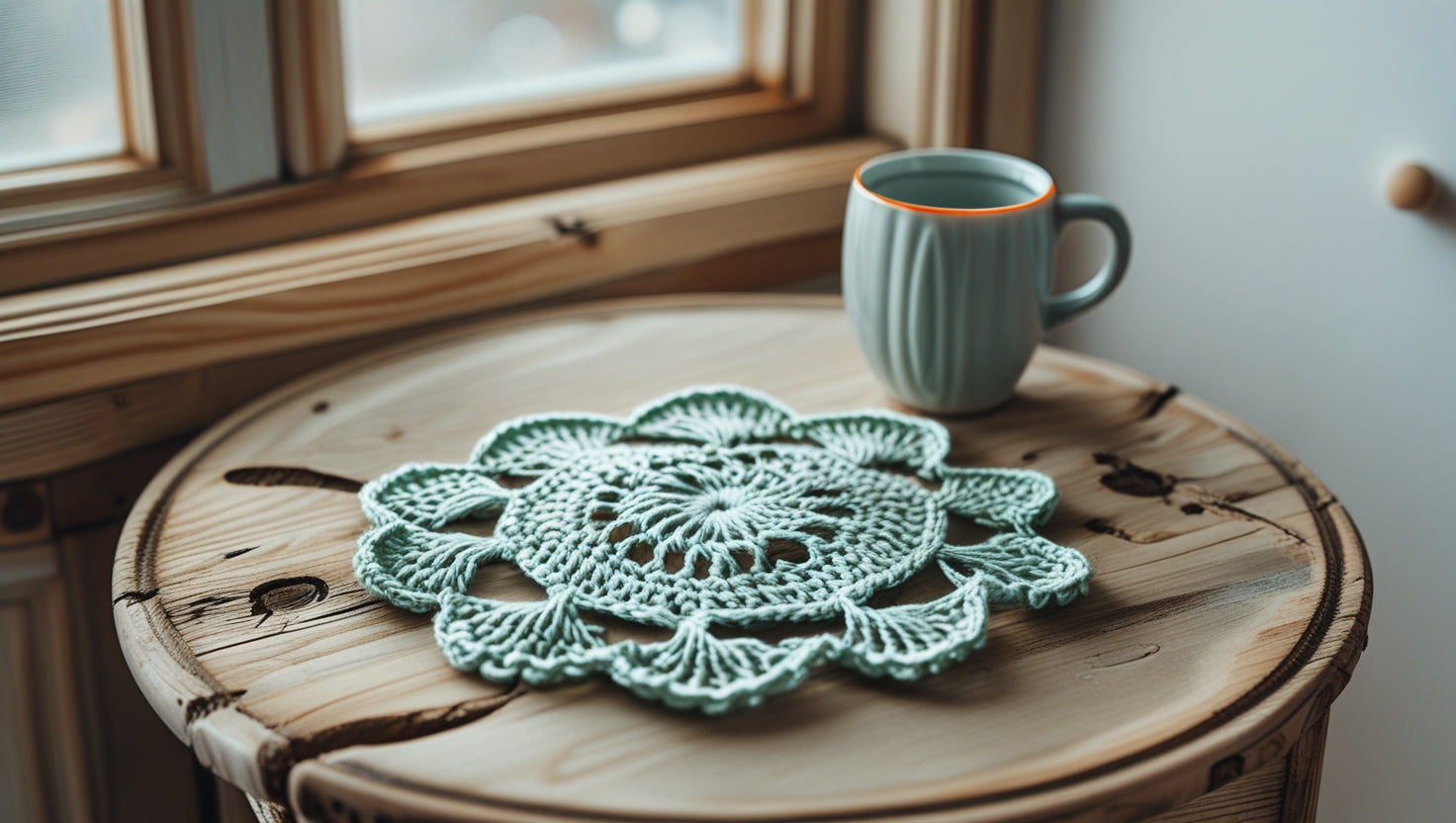Woolaria
Flow Pathway
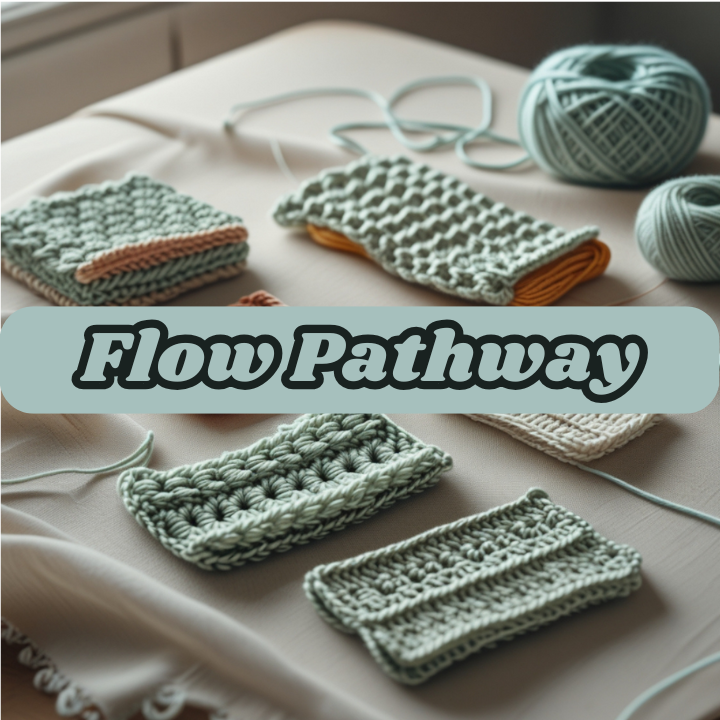
What Crochet Means to Us
Each project is a silent sequence with meaning
-
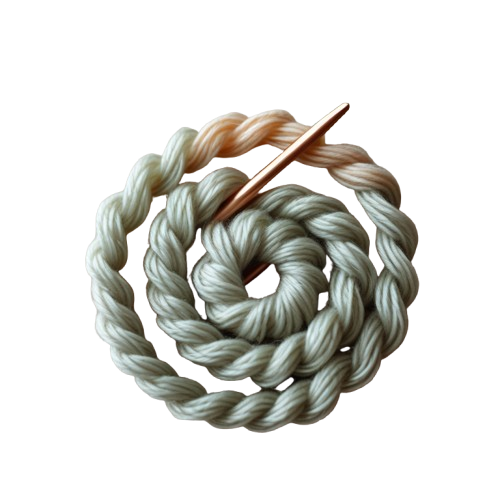
Movement in Stillness
We believe crochet is a way to anchor presence in the moment. Each loop gradually shapes a sense of completion.
-
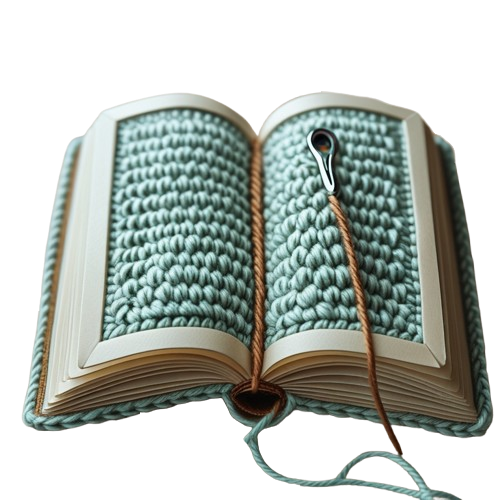
Detail at the Center
Our courses focus on structure, clarity in design, and process continuity. Crochet becomes a way of exploring patterns through rhythm.
Those Who Shape Space Through Form and Calm
Two creators, two stories, one approach
-
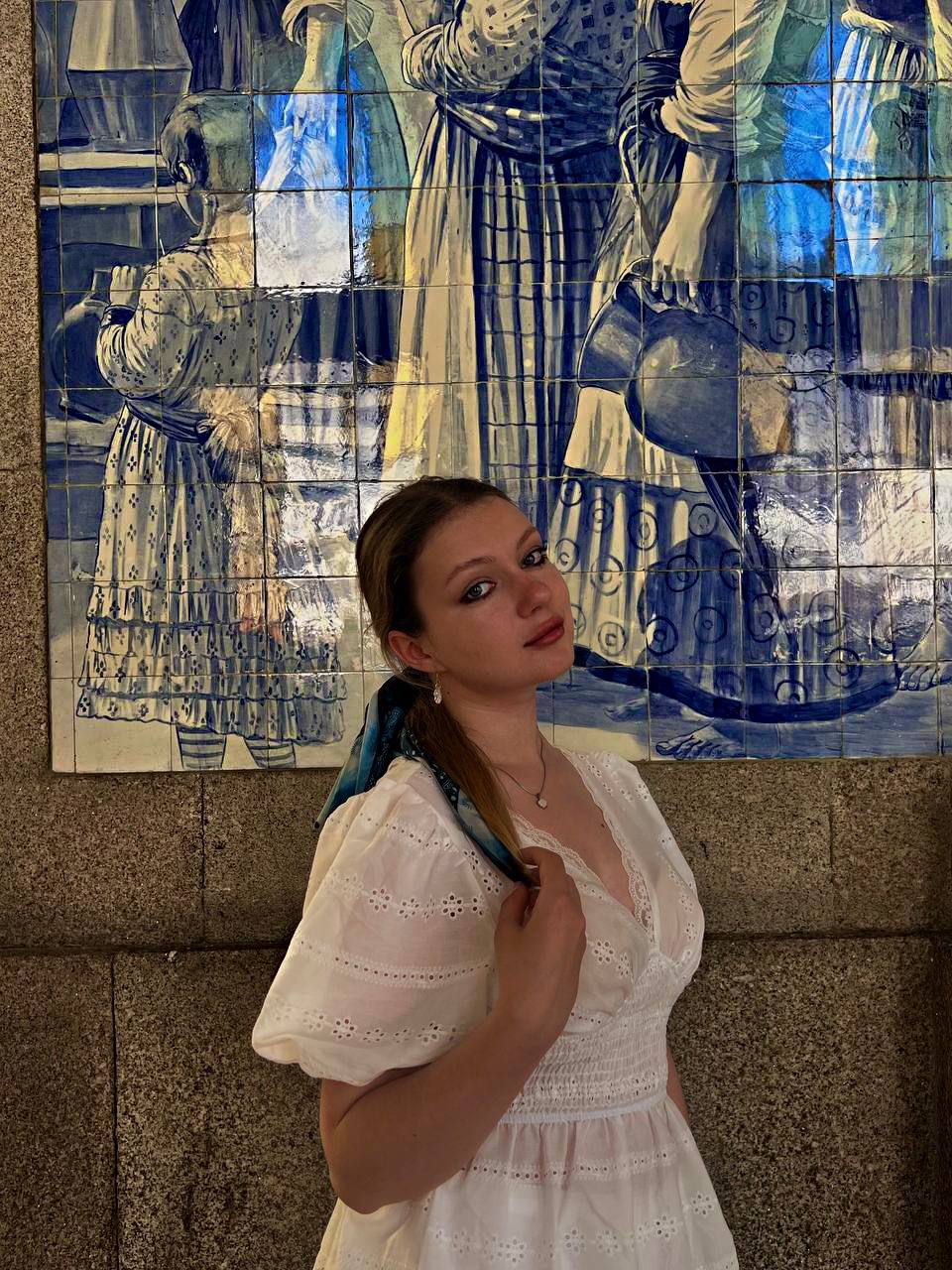
Emma Caldwell
Emma has worked with yarns for over 6 years. Her approach blends form, repetition, and sensitivity to materials. She finds focus in every stitch.
-

Rachel Whitmore
Rachel’s work combines manual practice with analysis. Her focus is on technical accuracy and structural stability.
Choose Your Rhythm
This collection presents courses for a variety of experience levels. You can begin with the basics or move into more advanced structures. Each course supports attention to detail and clarity. Browse the collection and find a pace that works for you.
-
Petal Stitch
Regular price €25,00 EURRegular price -
Loop Meadow
Regular price €40,00 EURRegular price -
Yarn Bloom
Regular price €50,00 EURRegular price -
Fiber Tales
Regular price €100,00 EURRegular price
Commonly Asked Questions
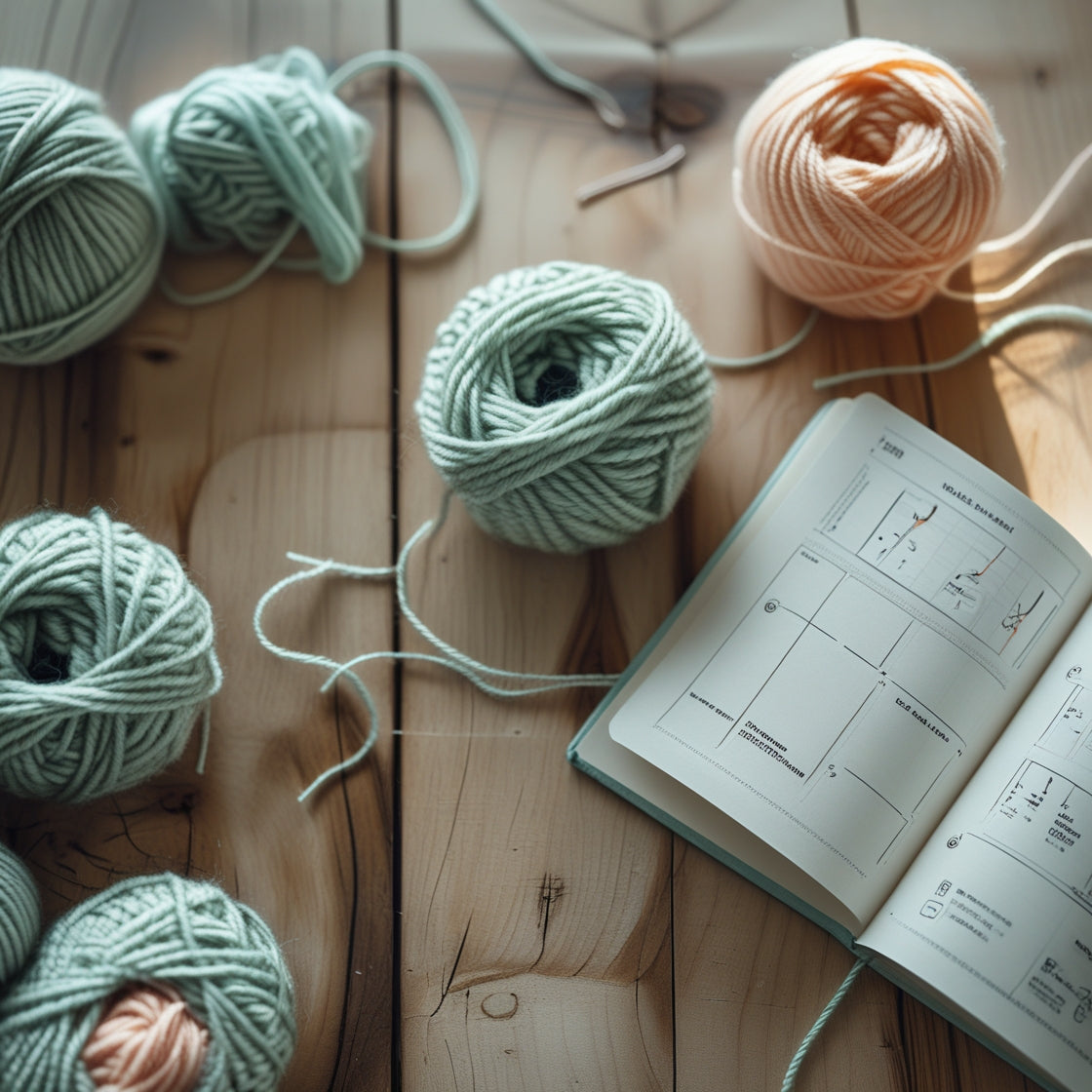
Are the courses suitable for beginners?
Yes. Basic courses are designed specifically for those who are starting from scratch. They explain the basics from the first steps - from holding the hook to creating the first loops. Topics are gradually introduced that form an understanding of sequence and repetition.
What materials are best to use to start?
We recommend starting with medium-thick yarn that holds its shape well and glides easily. It is also convenient to use a hook of the appropriate size (usually 4–5 mm for the first exercises). The introduction to the course always indicates recommended materials.
What to do if the loops are uneven?
This is completely natural at the first stages. Over time, the movements will become even, and the thread tension will be more stable. It is important to allow yourself to just feel the process at first, without striving for the ideal from the first minutes.
Can I learn to create my own patterns?
Yes, the advanced courses cover the basic principles of pattern building. You will learn how to combine elements and change the shape by changing the loops. This is a gradual process that begins with observing ready-made patterns.
What should I do if I can’t repeat a certain technique?
We recommend going back to the previous stage and trying to simplify the movement. Sometimes even looking at a familiar part from a new angle opens up understanding. There’s no need to rush — it’s better to repeat it calmly several times.
How to store the samples?
It’s convenient to store them in a folder or box, signing each pattern. This way you can easily return to previous techniques. It also helps you see your progress and structure your knowledge.

